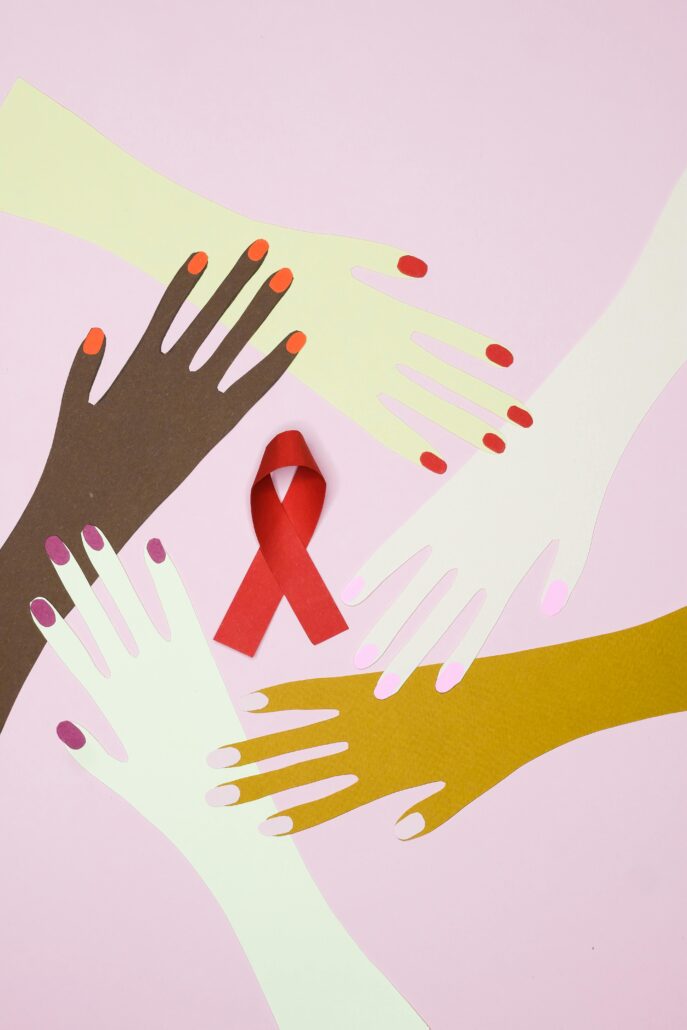HIV in the African American Community
In honor of National Black HIV Awareness Day, it is crucial that we draw attention to the disparities of HIV rates in communities of color. Today, highlights HIV in the African American/Black community, the racial and ethnic group most disproportionately affected by the HIV/AIDS epidemic. Even with the increased awareness in the rising rates of HIV, there is much left unsaid about reasons that HIV is multiplying. While there are multiple factors this blog will focus on four: s
Presently, African Americans account for 13 percent of the population and yet 43 percent of new HIV infections. The mass amounts of infections imply there are a number of African Americans that have recently been diagnosed and potentially vulnerable. If you can imagine for a moment being diagnosed with any disease that would change the course of your life as you knew it, what is the first thing you would seek
The consequences alone might provide a rationale to resist disclosing their HIV status for fear of assumptions being made about how they became HIV positive or even their sexual orientation. This fear can become so strong that others might avoid getting tested. As often as we hear the saying “know your status”, one in seven African Americans with HIV are unaware they have it. Does the phrase “if you are good so I am” ring any bells? When it comes to knowing one’s status many believe their status will be the same as their partners without question or encouraging their partner to know for themselves. In many relationships conversations about safe and responsible sex are often avoided. Many find themselves engaging in unsafe situations because they did not feel comfortable speaking up, this could include asking to use condoms or asking for confirmation about a person’s status.
Whether due to pressure or the lack of education, the rising rates are hitting two groups in our community particularly hard, young adults and seniors. Youth often are more likely to engage in
When we think of the rising HIV rates we must think of this as an issue that affects us all. When such a large continuously growing number of our brothers and sisters are becoming infected with a disease that is preventable, that is a collective concern. We cannot call ourselves anyone’s keeper, advocate, or ally as we shun or stay quiet in the presence of difficult conversations and harsh realities. It is not just a matter of speaking up but speaking from a place of empathy and love for one another.

